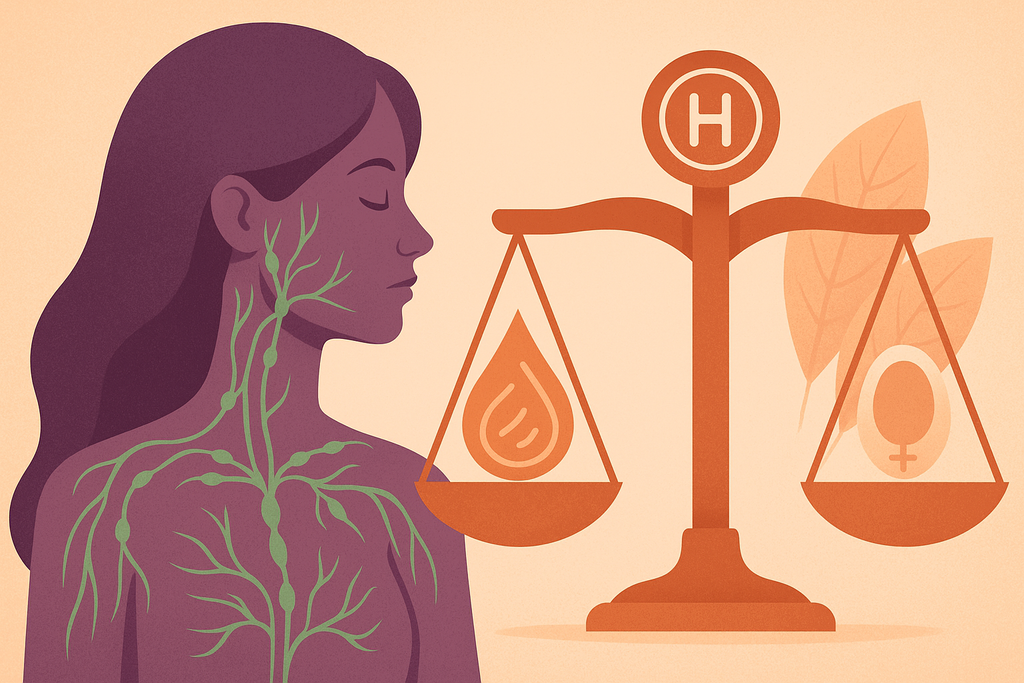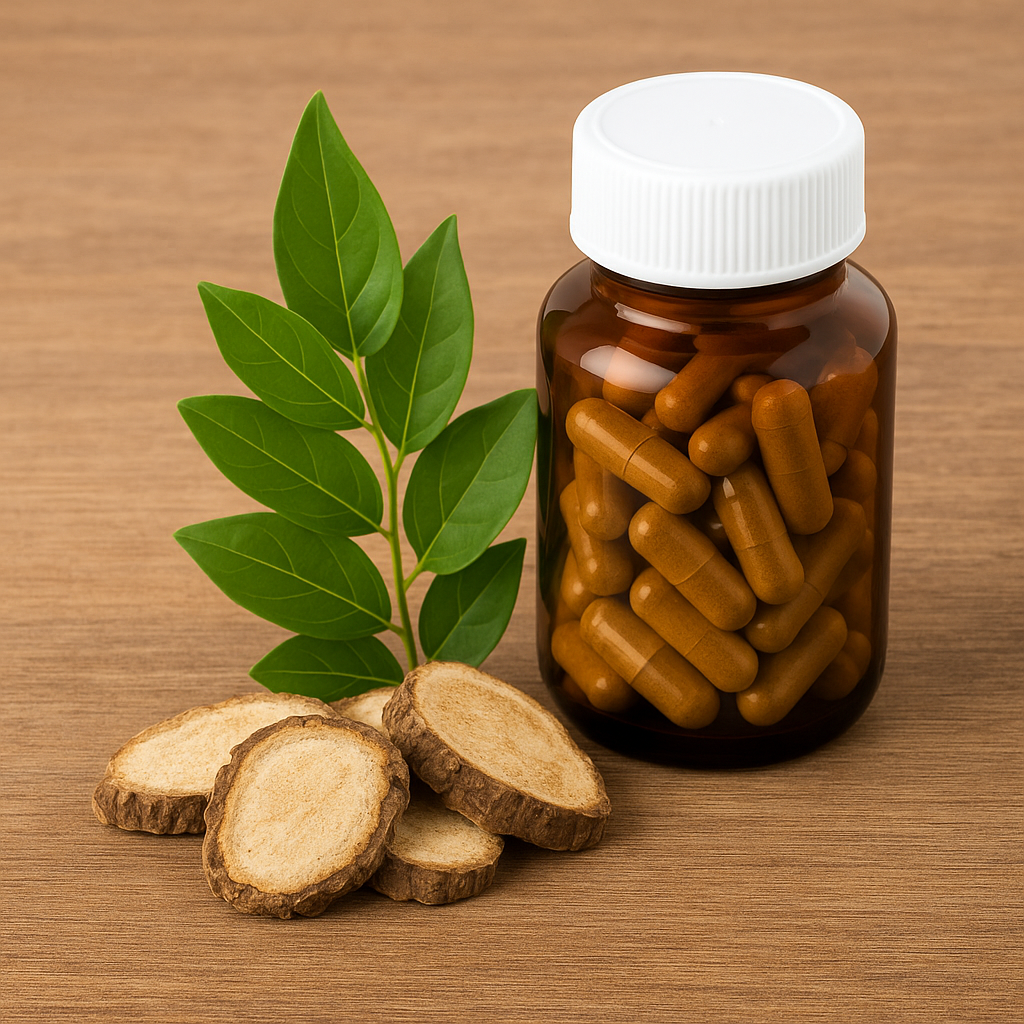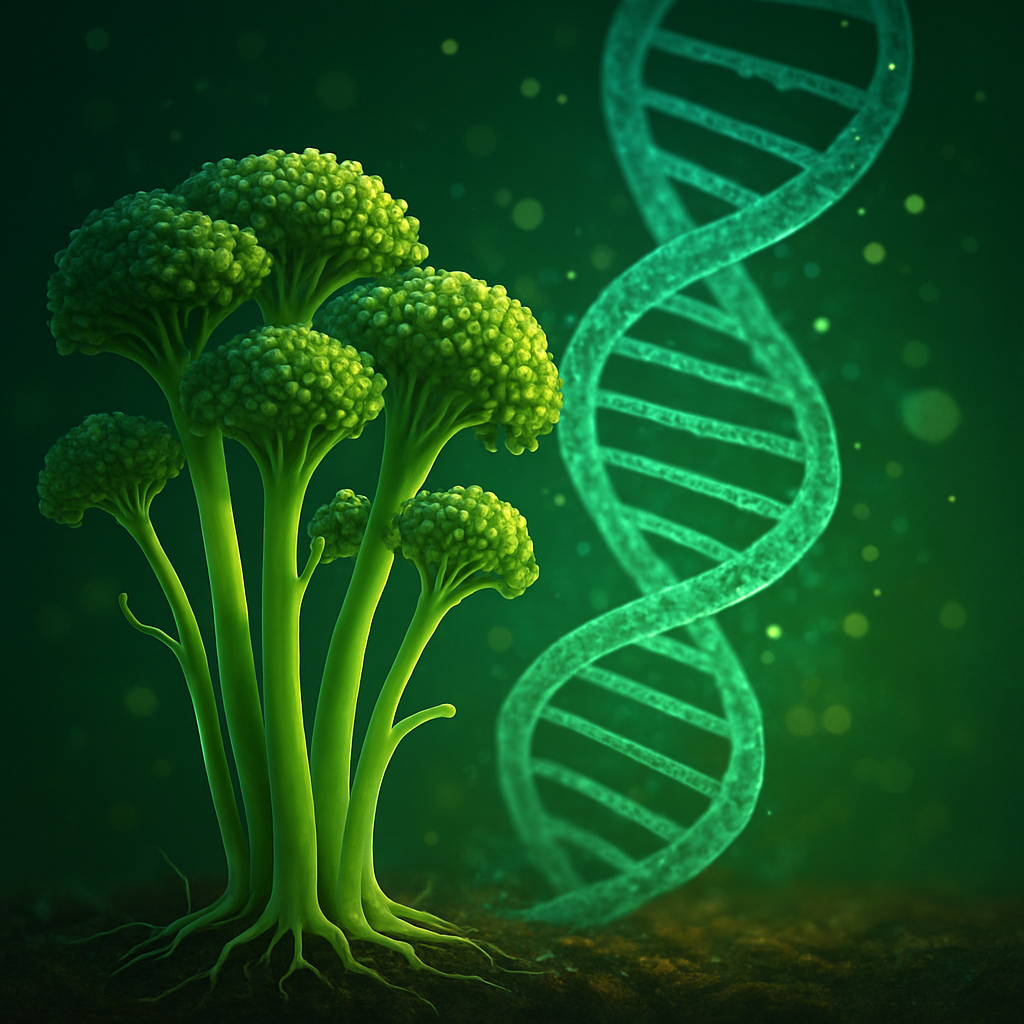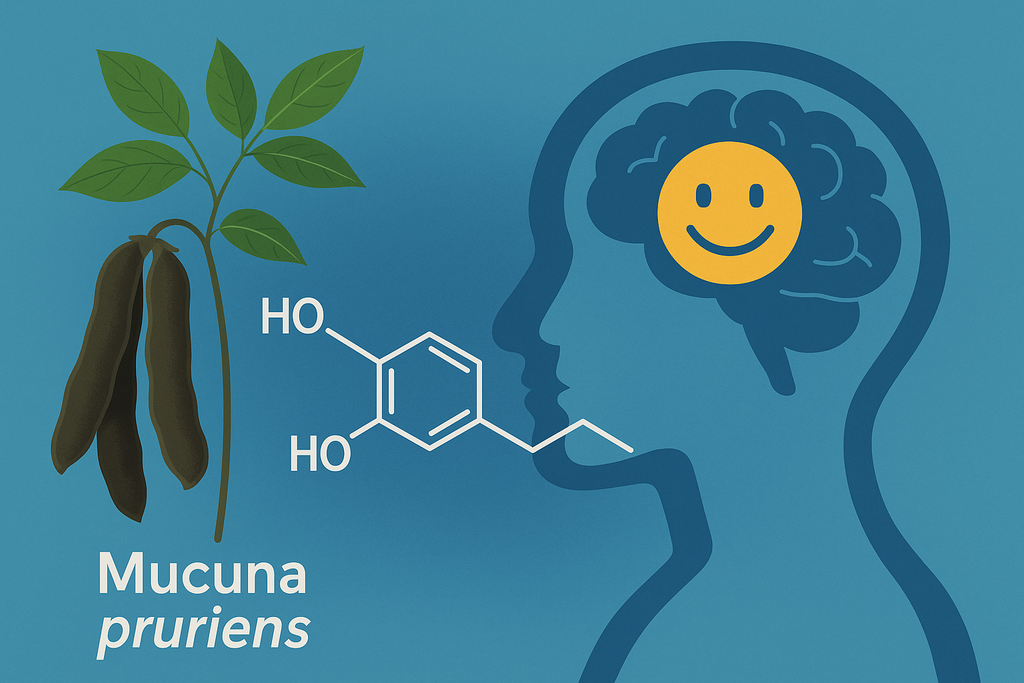News
Green Tea Catechins: Natural Support for Inhibiting Viral Replication
antiviral polyphenols catechins for flu catechins inflammation EGCG antiviral EGCG coronavirus EGCG dosage epigallocatechin gallate green tea catechins green tea extract immune support green tea for immune health green tea herpes virus green tea immune booster guava leaf and virus guava leaf extract benefits immune system supplements natural antiviral supplements natural virus defense natural virus inhibitors plant-based antivirals viral replication inhibition
Green tea is celebrated worldwide for its antioxidant and anti-inflammatory properties, but recent studies suggest it may also hold significant promise in the realm of viral defense. At the heart of its immune-boosting potential lies a group of polyphenols known as catechins—and one in particular, EGCG (Epigallocatechin gallate), has emerged as a powerful natural compound capable of interfering with viral replication.
From influenza and hepatitis to herpes and even certain coronaviruses, green tea catechins have demonstrated the ability to disrupt viral life cycles at multiple stages. Whether by preventing viral entry, blocking replication, or enhancing immune surveillance, catechins offer a science-backed, plant-based approach to strengthening the body's viral defenses. Let’s explore how these powerful compounds function, and how they can be complemented by other natural antivirals like Guava Leaf Extract.
Lymphatic Drainage & Hormone Balance: The Detox-Hormone Connection
adrenal fatigue detox and hormones dry brushing lymphatic system estrogen dominance fadogia agrestis testosterone hormonal acne and lymph hormone balance hormone detoxification liver lymph detox lymph and metabolism lymph flow for thyroid lymph health lymph system and hormones lymphatic congestion symptoms lymphatic detox lymphatic drainage lymphatic massage for hormones natural hormone support rebounding for lymphatic drainage sluggish lymph
When we think of hormonal balance, we usually picture the endocrine glands: the thyroid, ovaries, adrenal glands, and pituitary. But behind the scenes, another system quietly plays a major supporting role—the lymphatic system. This network of vessels and nodes not only defends against toxins and pathogens, but it also helps carry excess hormones, metabolic waste, and inflammation out of the body. When it’s not flowing properly, hormonal chaos often follows.
From estrogen dominance to thyroid sluggishness, a congested lymphatic system can lead to hormone-related symptoms like fatigue, bloating, weight gain, acne, breast tenderness, and mood swings. Yet few people realize how important lymphatic drainage is for hormone regulation. Optimizing this internal "cleanup crew" helps your body metabolize and eliminate used hormones efficiently—supporting clearer skin, better energy, and more stable moods. If you're working to rebalance your hormones and haven't addressed your lymphatic flow, you're missing a key piece of the puzzle.
Suma Root: The “Brazilian Ginseng” for Natural Energy & Adaptogenic Balance
adaptogenic herbs brazilian ginseng herbal testosterone support natural energy booster natural stamina booster pfaffia paniculata suma adaptogen suma anti-inflammatory suma for hormonal balance suma for libido suma powder suma root suma root adaptogen suma root benefits suma root extract suma root for energy suma supplement suma testosterone suma tincture suma vs ginseng
Deep in the Amazon rainforest grows an unassuming vine with a long-standing reputation for power, endurance, and restoration. Known as Suma root (Pfaffia paniculata), this botanical powerhouse has earned the nickname “Brazilian Ginseng” for its adaptogenic properties—although it’s not botanically related to ginseng. Used for centuries by indigenous tribes, Suma is now gaining global attention as a natural energy booster and hormone harmonizer.
Suma root’s unique profile includes saponins, plant sterols, amino acids, and electrolytes that help the body adapt to physical, emotional, and environmental stressors. Athletes use it to enhance performance and recovery, while others rely on it for mood balance, immune strength, and hormonal support. Whether you're feeling depleted, overworked, or simply want to enhance your daily vitality, Suma root might be the botanical ally you've been missing.
Sulforaphane: DNA Protection & Cellular Detox Backed by Science
anti-inflammatory phytochemical antioxidant support broccoli sprout extract broccoli sprouts cancer prevention compound cellular detoxification cruciferous vegetables DNA protection DNA repair nutrient glutathione booster L-Ergothioneine synergy liver detox natural detoxifier natural NRF2 activator NRF2 pathway phase 2 detox enzymes sulforaphane sulforaphane benefits sulforaphane for longevity sulforaphane supplements
In the world of cellular health and disease prevention, few natural compounds have generated as much scientific interest as sulforaphane. Found in cruciferous vegetables—especially in broccoli sprouts—sulforaphane is a potent phytochemical known for activating powerful detoxification enzymes, shielding DNA from oxidative damage, and supporting long-term health at the cellular level.
What makes sulforaphane unique is its dual ability to defend and repair. It not only neutralizes harmful environmental toxins and carcinogens but also stimulates the body’s own protective pathways, such as the NRF2 and ARE systems. These internal detox and antioxidant systems act like cellular cleanup crews, reducing inflammation and repairing DNA damage before it can spiral into chronic disease. Whether you're optimizing wellness, supporting longevity, or targeting chronic inflammation, sulforaphane may be one of the most strategic compounds you can introduce into your routine.
Mucuna Pruriens: Natural Dopamine Support for Mood & Motivation
adaptogens for stress dopamine bean dopamine support focus supplement L-DOPA supplement mood enhancement supplement mucuna brain health mucuna capsules mucuna for cognitive function mucuna for depression mucuna for mental clarity mucuna for motivation mucuna l-dopa dosage mucuna pruriens mucuna pruriens benefits mucuna pruriens mood natural dopamine booster natural mood booster nootropic herbs velvet bean extract
In today’s high-pressure world, maintaining a balanced mood and sharp mental focus can feel like a constant uphill battle. For those seeking natural support for brain chemistry and emotional well-being, Mucuna pruriens has emerged as a powerful botanical ally. Known as the "dopamine bean," this tropical legume is rich in L-DOPA—the direct precursor to dopamine—and offers a natural pathway to support motivation, mood stability, and mental resilience.
Unlike synthetic solutions that override brain chemistry, Mucuna pruriens works with your body’s natural systems, supplying raw material for dopamine production while delivering a host of neuroprotective benefits. From ancient Ayurvedic medicine to modern nootropic stacks, this adaptogenic plant has earned its place in the toolkit of those seeking a natural boost in mental performance and emotional balance. If you’ve been struggling with low mood, lack of motivation, or brain fog, it might be time to discover the dopamine-enhancing power of Mucuna pruriens.





